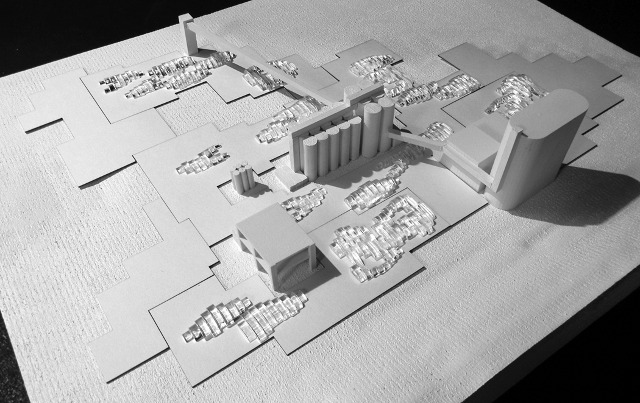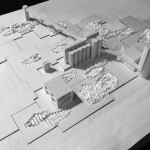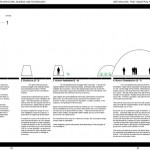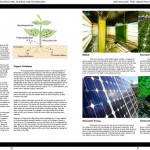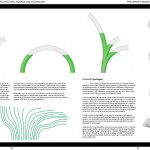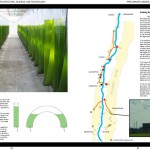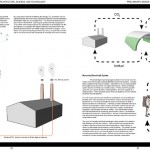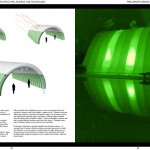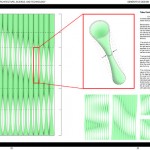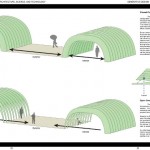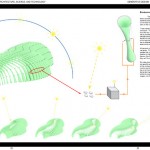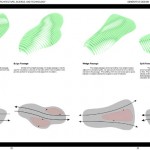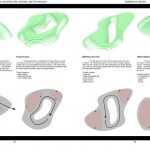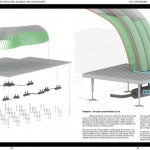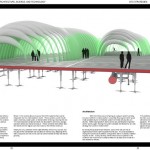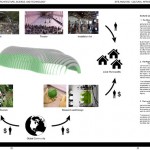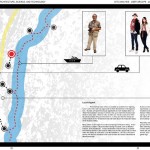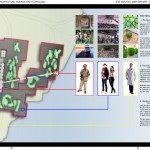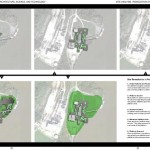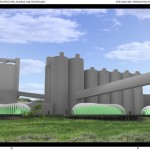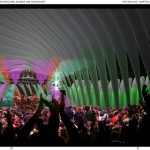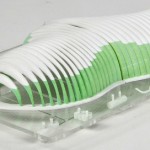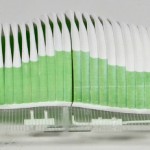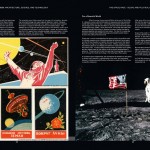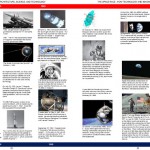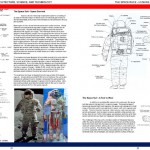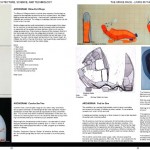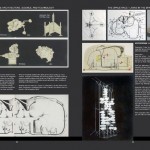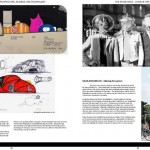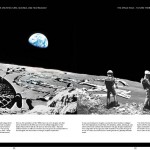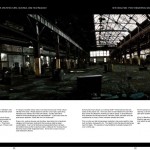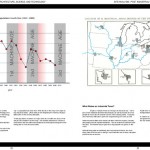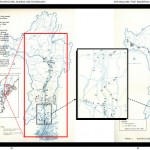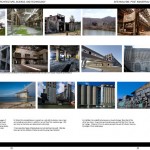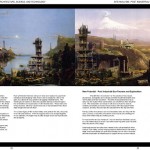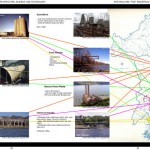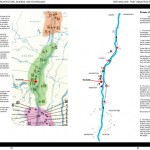Alicia Miksic
ARCH-4980.1 | Chris Perry, Assistant Professor
THE NEW SPACE RACE
Reclamation of Forgotten Industrial Lands
ALICIA MIKSIC
Using a unique predictive method, titled “stocktaking” by future thinker Reyner Banham, design merges with science in order to provide speculative research and development in the improvement and revitalization of the Hudson River Valley waterfront communities. By studying past and current industrial trends within these communities, an attempt is made at remediating and repurposing contaminated post-industrial sites for new “clean” technology startup colonies. This kind of colonization is reminiscent of the Space Race era’s desire for exploration and human survival in extreme environments. These post-industrial sites are, at present, unfit for human habitation. Through the synthesis of forward thinking design and remediation technologies, these sites will be cleaned up and repopulated.
Repopulation in extreme environments is only possible when life sustaining systems combine with sheltering enclosure, such as in a lunar landscape, or in a polluted industrial site. By transforming the heavily infrastructural system of algae biofuel production from a purely industrial procedure into a mutual beneficial system of enclosure, feedback, and sustainable energy production these abandoned post-industrial sites can be reclaimed by the expanding population in the Hudson Valley. The proposed biofuel “pavilions” can quickly sprout up on remediation platforms that house the heavy infrastructure supporting the newly formed colonies. The flexible nature of both platform and pavilion assembly allows for the system to adapt to the many different types of industrial sites found within the region.
By reclaiming land that has already been used and discarded, communities that have fallen into decline with the loss of local industry can be revitalized. Previously shrinking communities will become desirable hotspots of cultural activity. Renewed sites benefit both the local industry and economy through the creation of clean technology jobs and even providing the possibility of an “eco-tourism” industry celebrating the cultural legacy of industry in the Hudson River Valley.
